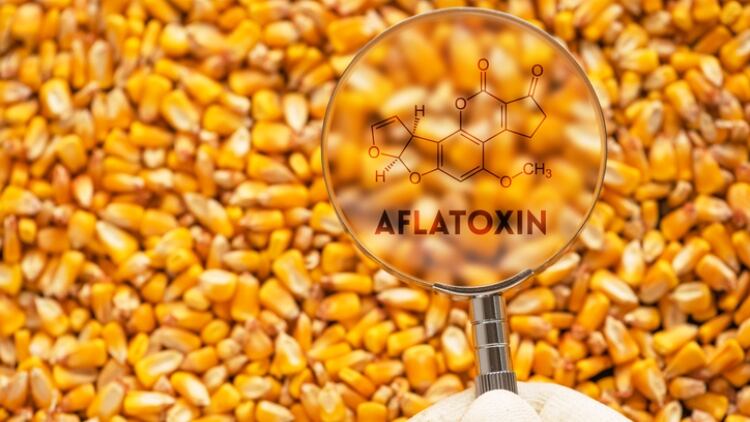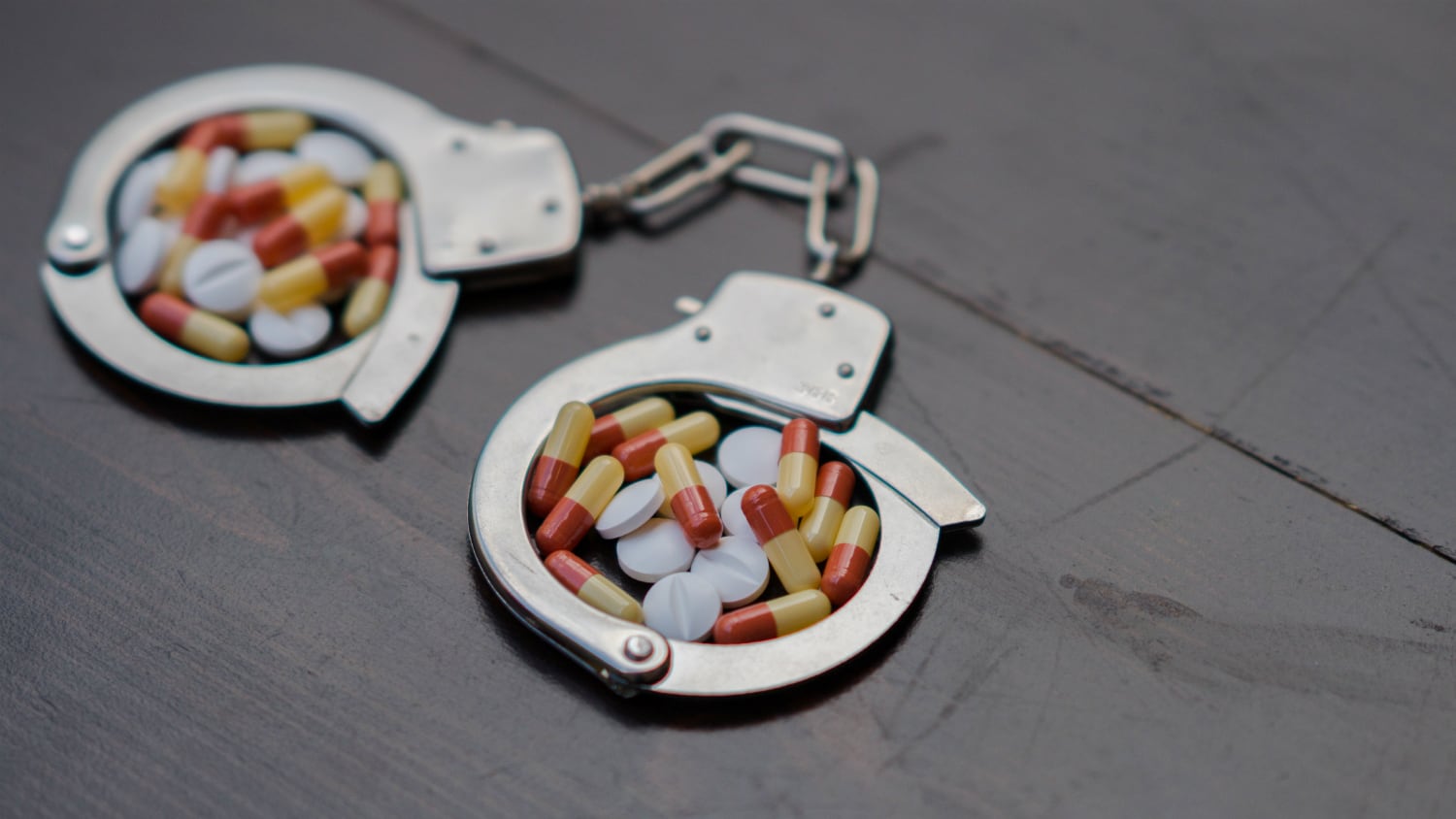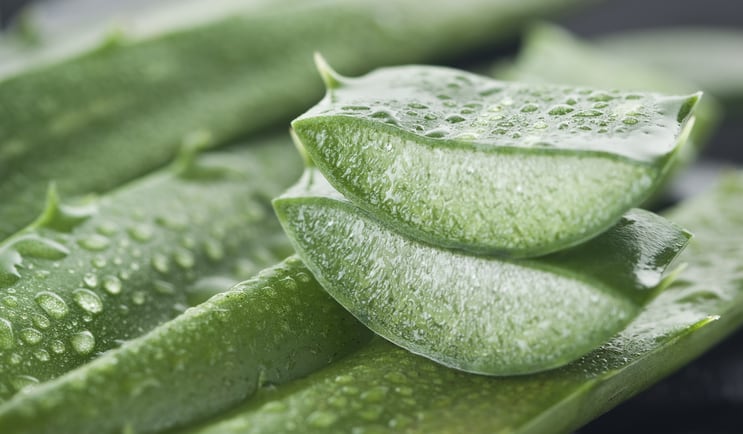Exposure to aflatoxin, particularly its most potent form - aflatoxin B1 (AFB1), poses health risks, including immune system dysfunction, mutagenesis, and cancer, they report.
In Malaysia, herbal therapy is widely utilised, both for treating health problems and maintaining health.
Key results
Researchers analysed 31 samples of herbal medicines and PFS, with 19 obtained over the counter from pharmacies and retail outlets, and 12 from online platforms.
Despite 80.6% of the analysed samples being ‘contaminated’ with AFB1, ranging from 0.275 to 13.941 μg/kg, only two exceeded the European regulatory limit of 5 μg/kg, registering AFB1 levels from 5.905 to 13.941 μg/kg.
Interestingly, the present study observed the highest AFB1 contamination in the liquid form of PFS, contrasting previous findings where tablets exhibited the highest contamination due to the use of crude ingredients.
A risk assessment of AFB1 to humans was also conducted, calculating dietary exposure using estimated daily intake (EDI) and assessing risk characterisation through cancer risk and Margin of Exposure (MOE) approaches.
The MOE calculations, based on the BMDL10 of 63.46 ng/kg bw/day, revealed a wide range of estimated dietary intake (0.006 to 10.456 ng/kg bw/day) from herbal medicines and PFS consumption.
Compared to other countries, China exhibited the highest AFB1 exposure (88.27 ng/kg bw/day), followed by Taiwan (41.19 ng/kg bw/day), and South Korea (7.34 ng/kg bw/day).
The calculated population risk of liver cancer from AFB1 exposure ranged from 0 to 0.261 cancers/100,000 populations/year, contributing to an estimated percentage of liver cancer incidence ranging from 0.002 to 4.149%.
The researchers have called for the establishment of specific regulatory limits and standardized requirements for AFB1 in herbal medicine and PFS.
“Malaysians were at moderate risk of developing primary liver cancer of AFB1 exposure through herbal medicine and PFS intake…The MOE values resulting from consumption of these contaminated samples suggest a high priority for risk management actions especially for long-term exposure to this contaminant.” Researchers wrote.
Source: Genes and Environment
Risk assessment of aflatoxin B1 in herbal medicines and plant food supplements marketed in Malaysia using margin of exposure and RISK21 approaches
https://www.ncbi.nlm.nih.gov/pmc/articles/PMC10666461/
Authors: Siti Soleha Ab Dullah et al.




